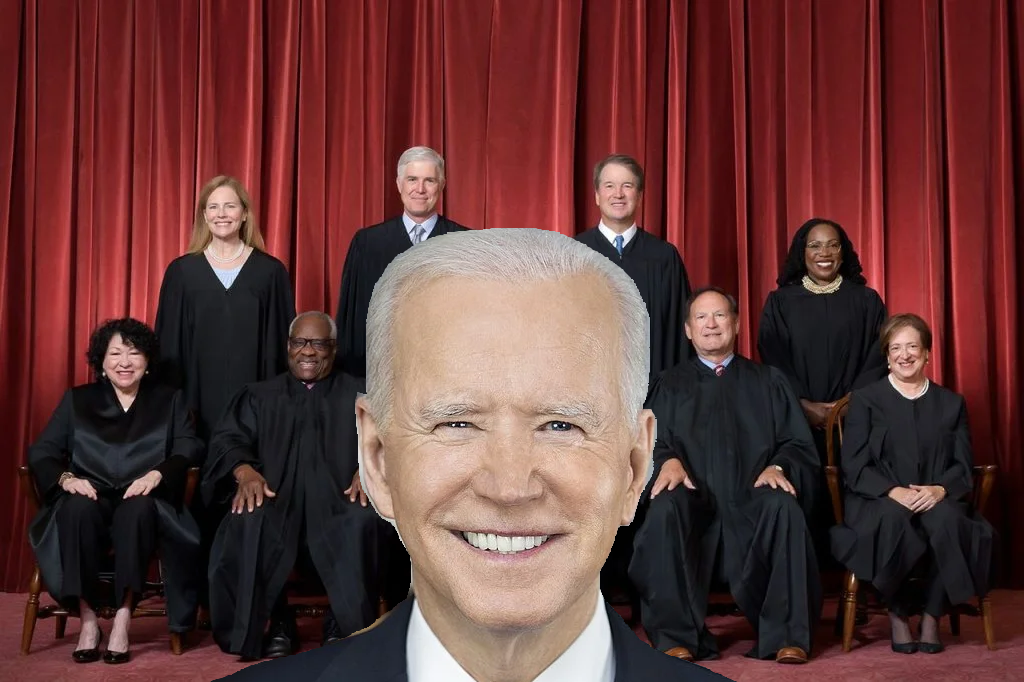In a significant legal ruling on Wednesday, the U.S. Supreme Court sided with the Biden administration in a contentious case involving the extent of federal influence over social media platforms. The decision overturned lower-court rulings that had supported the claims of Republican-led states like Louisiana and Missouri, which accused Biden administration officials of using their influence to unlawfully suppress conservative viewpoints on topics ranging from COVID-19 to election security.
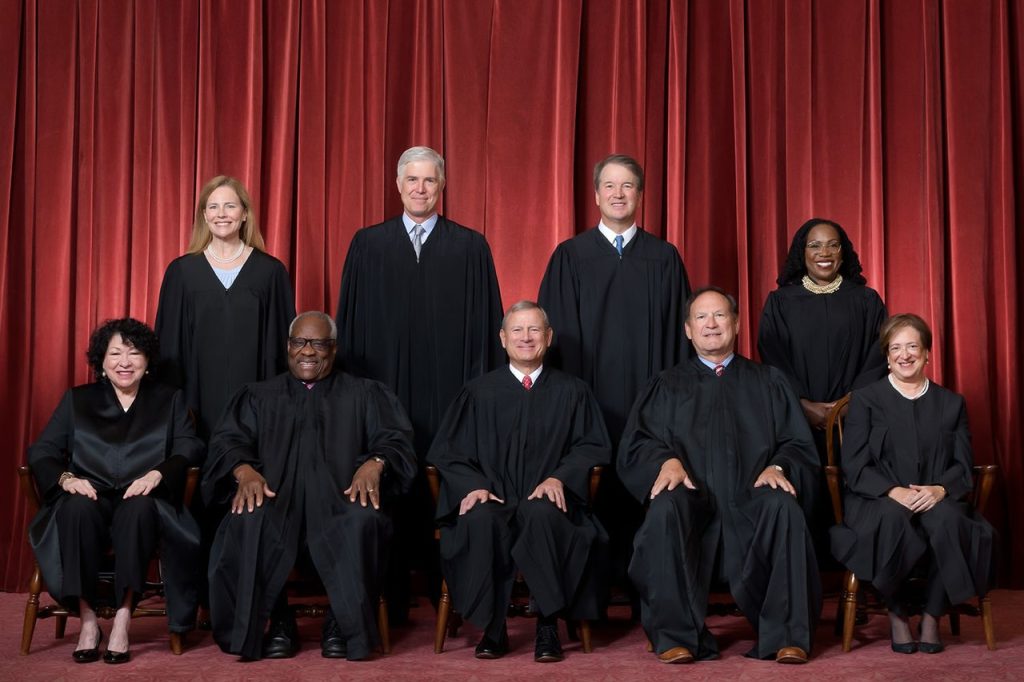
The Supreme Court’s 6-3 decision emphasized that the states and other claimants lacked the legal standing to sue, as Justice Amy Coney Barrett explained in the majority opinion. This left untouched broader questions about the permissible scope of interactions between government officials and social media companies.
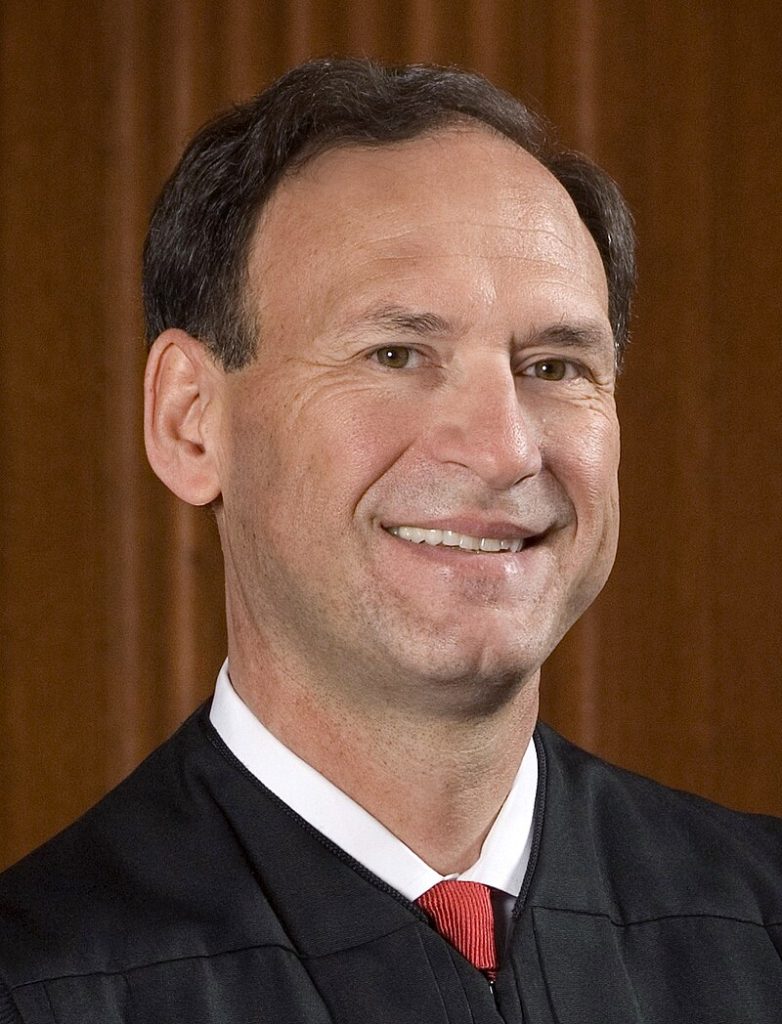
Dissenting from the majority were Justices Samuel Alito, Neil Gorsuch, and Clarence Thomas. They held a contrasting view that would have favored the imposition of limits on how government officials can engage with social media platforms regarding content moderation.
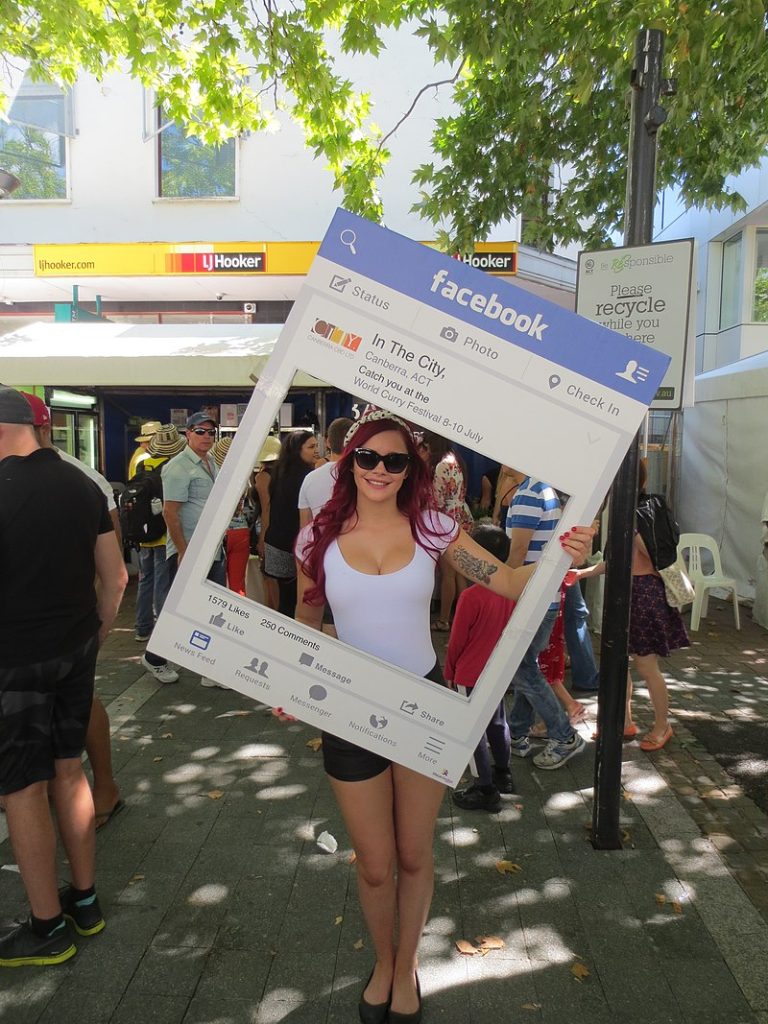
This case was just one of several this term addressing the relationship between social media companies and free speech. Earlier, the court had dealt with laws from Florida and Texas aiming to prevent these companies from removing content based on the views expressed.
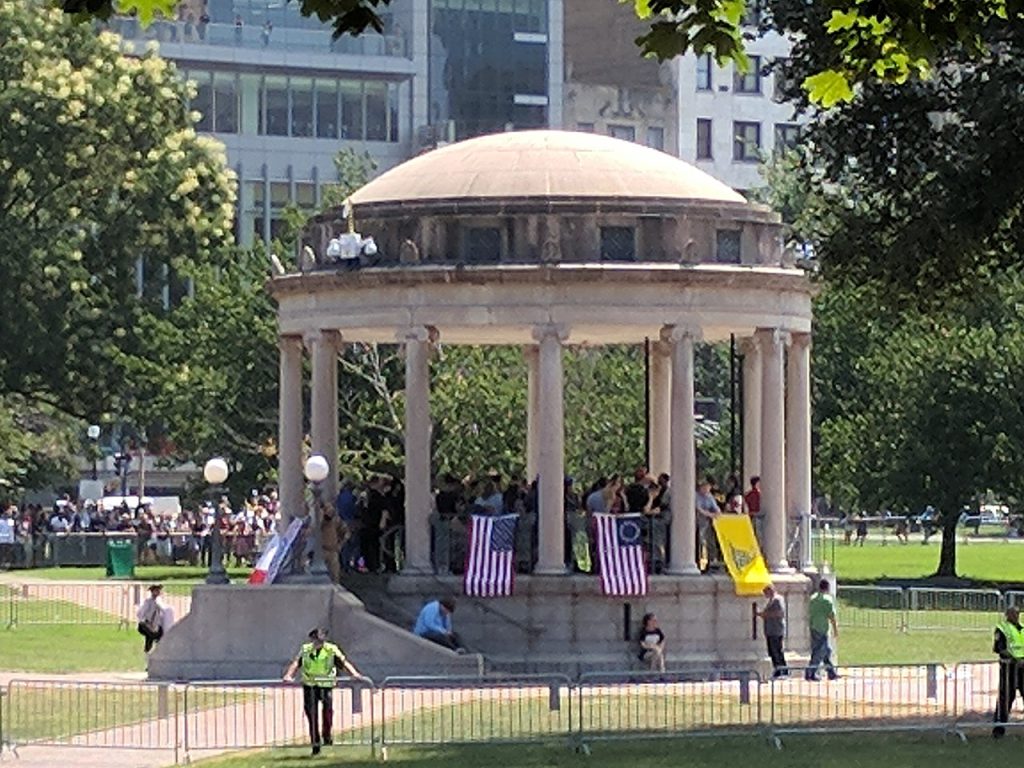
The outcomes of these cases have been closely watched for their potential impact on online speech and government interaction with the digital public square.

During oral arguments in March, the justices expressed skepticism about the states’ claims that federal officials, including the White House communications staff, the surgeon general, the FBI, and the cybersecurity agency, had unduly pressured social media platforms to alter online content. Concerns were raised that a ruling for the states might hinder routine government interactions with these platforms that are crucial for addressing issues like national security and public health.

The Biden administration argued that such a ruling would significantly impair its ability to collaborate with social media firms on critical issues, including combating antisemitic and anti-Muslim sentiments and managing misinformation on matters like election integrity and public health.
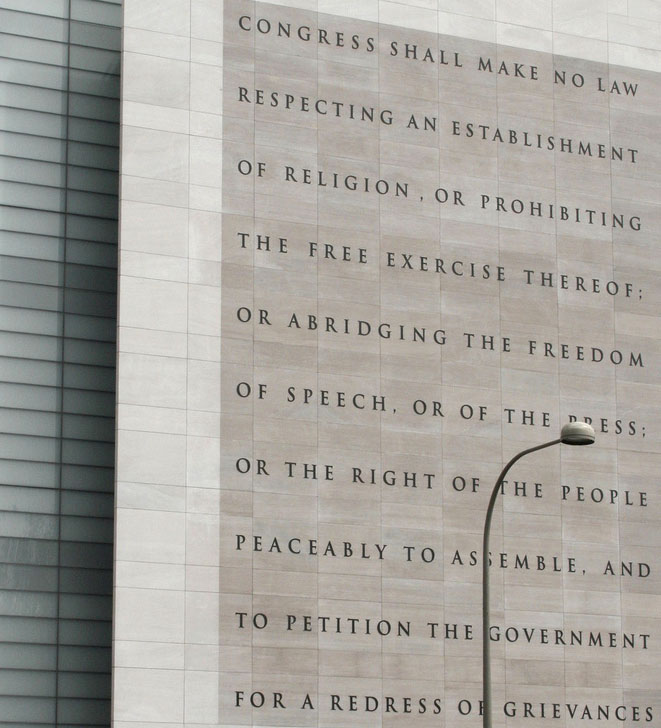
Free speech advocates had looked to the court to establish clear boundaries between legitimate government discourse and attempts that could be seen as coercive threats to free speech. The case thus underscored ongoing debates over the balance between government involvement and free expression in the age of digital communication.
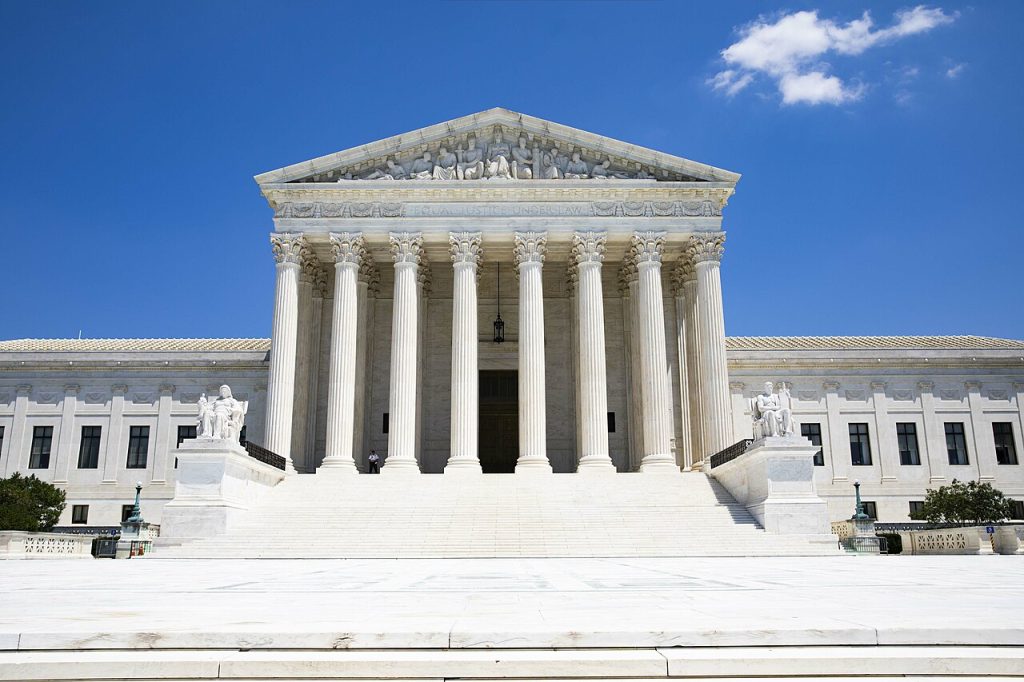
Despite the ruling, the Supreme Court did not explicitly define what constitutes permissible government interaction with social media entities, leaving some questions unanswered. However, the decision was seen as a reprieve for the government, preserving its ability to engage with these platforms on significant public issues without facing legal impediments.
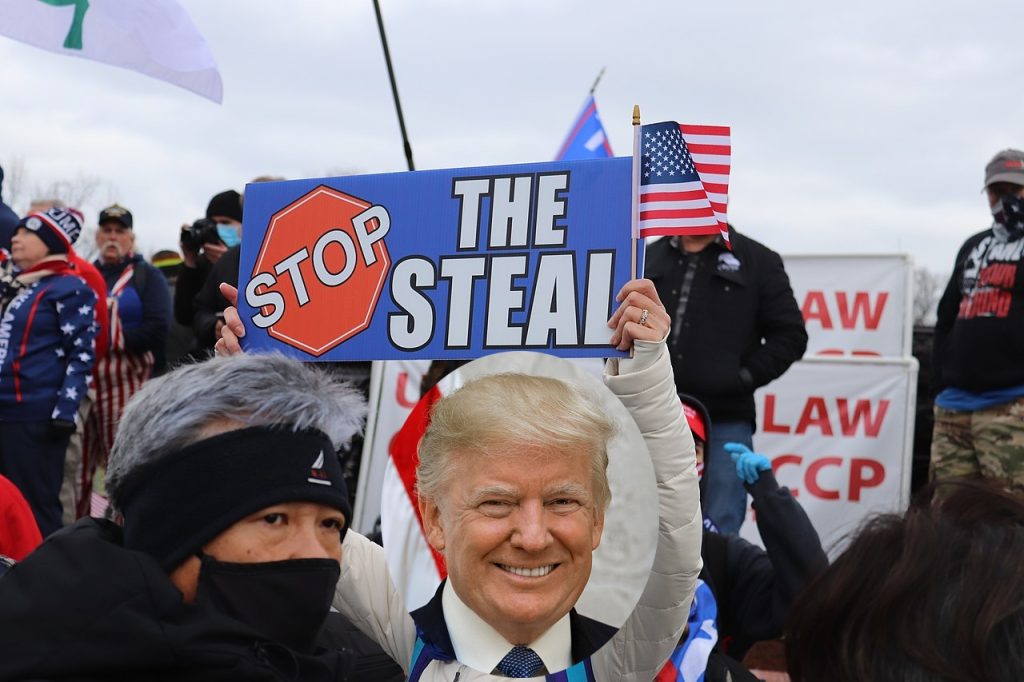
The response to the ruling was mixed. Supporters hailed it as a crucial step in maintaining a constructive dialogue between the government and social media on vital public matters. Critics think the decision does not go far enough to prevent the spread of false information online, as the decision does not address the issue head on.

